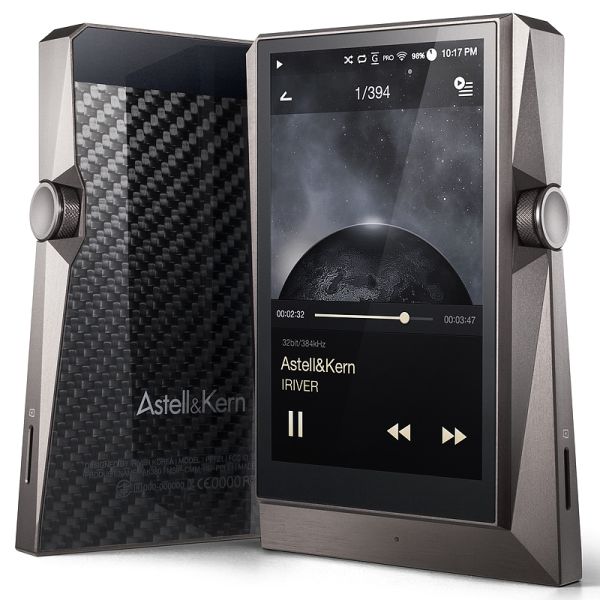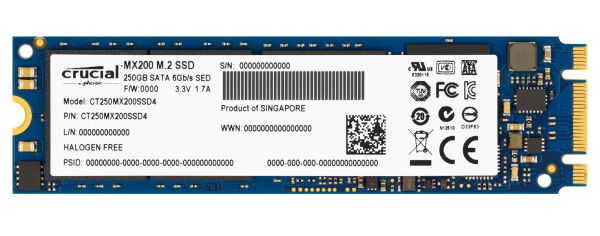The worlds of Bluetooth and good audio have traditionally not been the best of bedfellows, although that’s all changing. In the traditional stereo world, companies like Chord Electronics have performed wonders with Bluetooth enabled DACs and the rest. In the headphone world, though, Bluetooth has been considerably more widely adopted, but mostly in a low to mid end manner, hooking smartphone to headset for commuters and joggers who hate wires.
The Pendulumic Stance S1+ is different. It’s a legitimately high-end, studio-grade headphone that runs wirelessly through Bluetooth. It also has a wired mode, and can even be used to make calls. It runs along all the latest and greatest Bluetooth lines (Bluetooth 4.0, aptX, and A2DP), which means CD quality. It auto-pairs with devices, and has a 15m radius, even as a phone headset (with built-in microphone).








